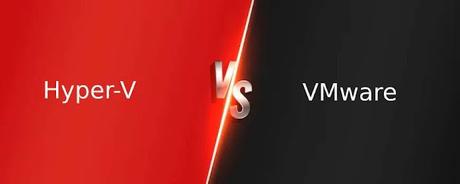
When it comes to virtualization platforms, two names stand out: Hyper-V vs VMware. While both offer powerful solutions for businesses looking to optimize their IT infrastructure, there are key differences that can help you make the right choice for your organization.
Management and User Interface:
One of the main differences between Hyper-V and VMware lies in their management interfaces. Hyper-V is tightly integrated with Windows Server, making it a seamless option for organizations already using Microsoft products. On the other hand, VMware's vSphere offers a more comprehensive management interface with advanced features and capabilities.
Security Features:
Security is a top concern for any business, especially when it comes to virtualized environments. Both Hyper-V and VMware have robust security features in place. However, some argue that VMware has an edge in this area with its built-in security controls and encryption options.
Support and Community:
Another important factor to consider is support and community resources. Both Hyper-V and VMware have extensive documentation available online as well as active user communities where you can find answers to your questions or seek assistance from fellow users.
Conclusion
These are just a few of the key differences between Hyper-V and VMware. The right choice will depend on your specific needs, budget, existing infrastructure, and long-term goals. It's important to thoroughly evaluate both options before making a decision that aligns with your business objectives.

